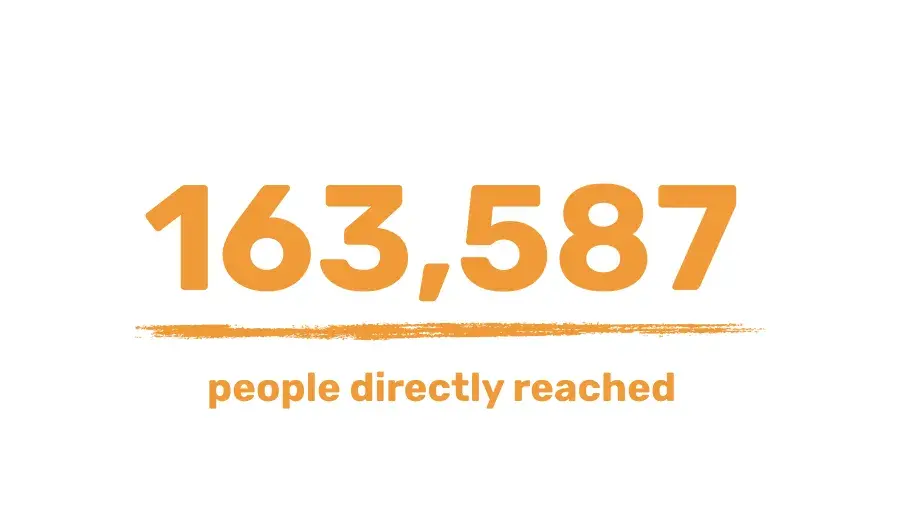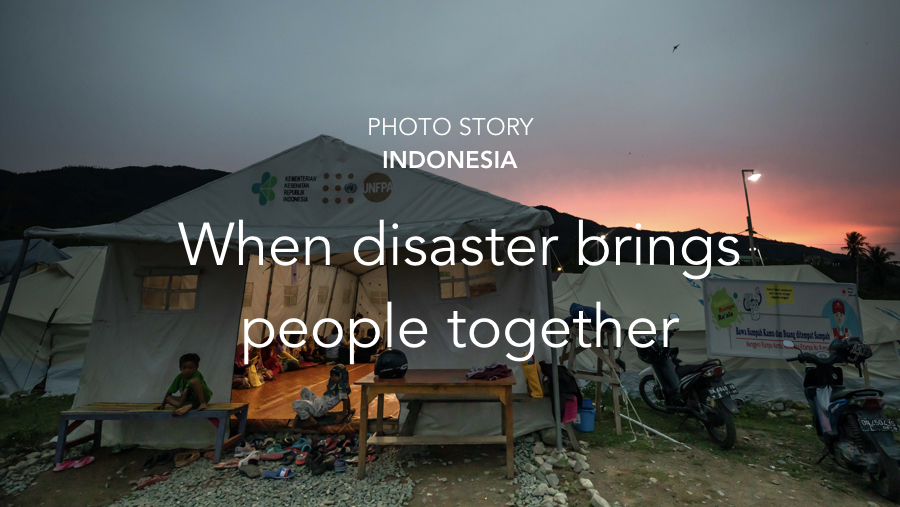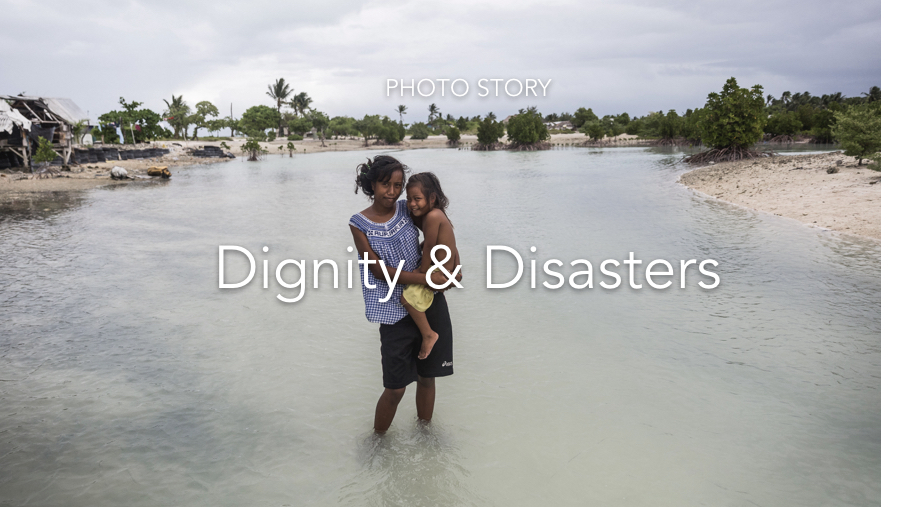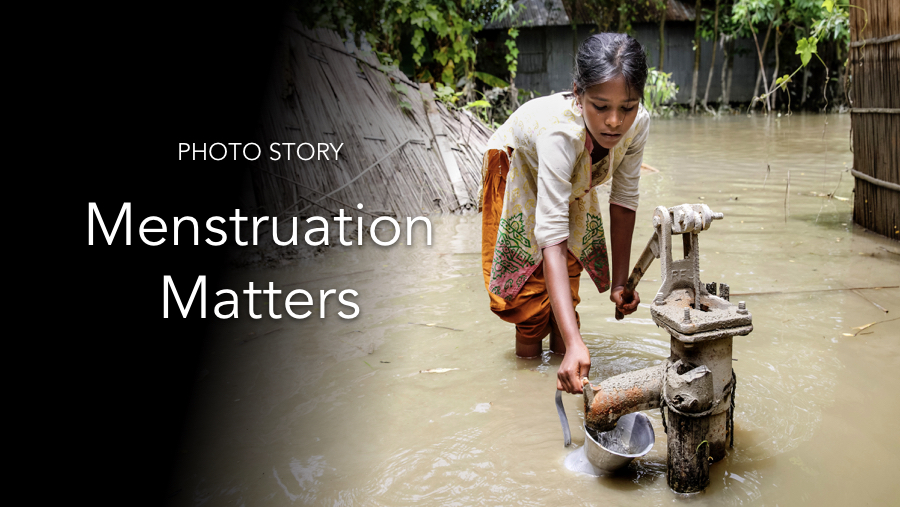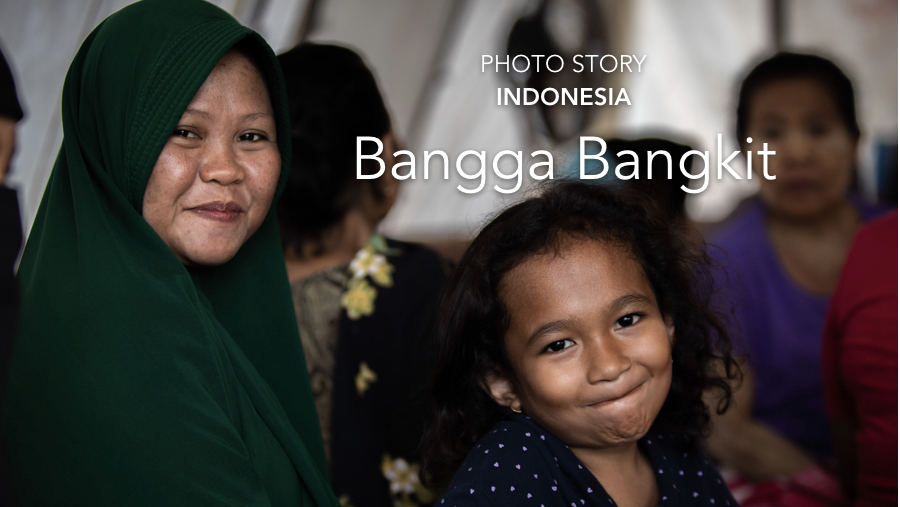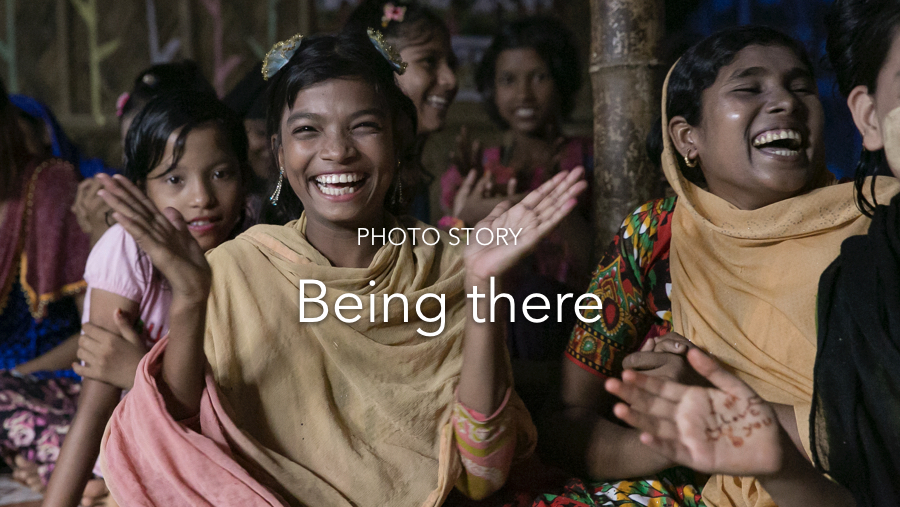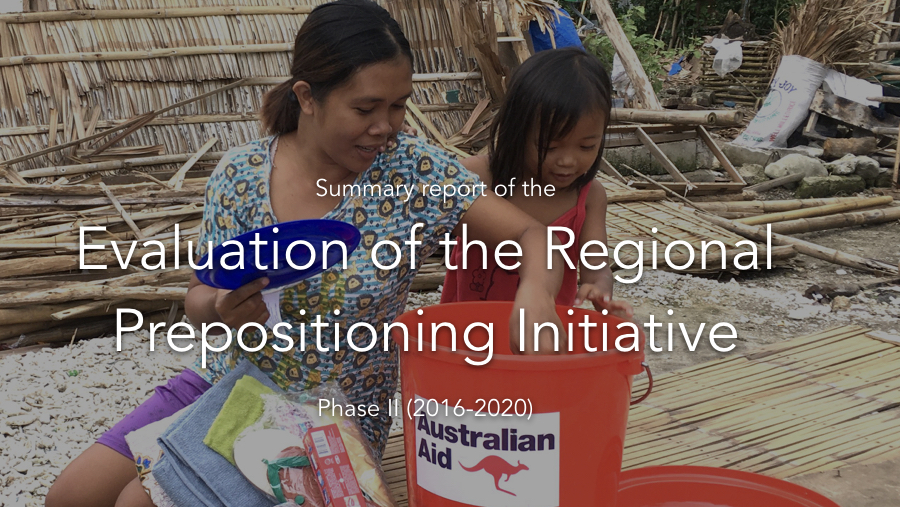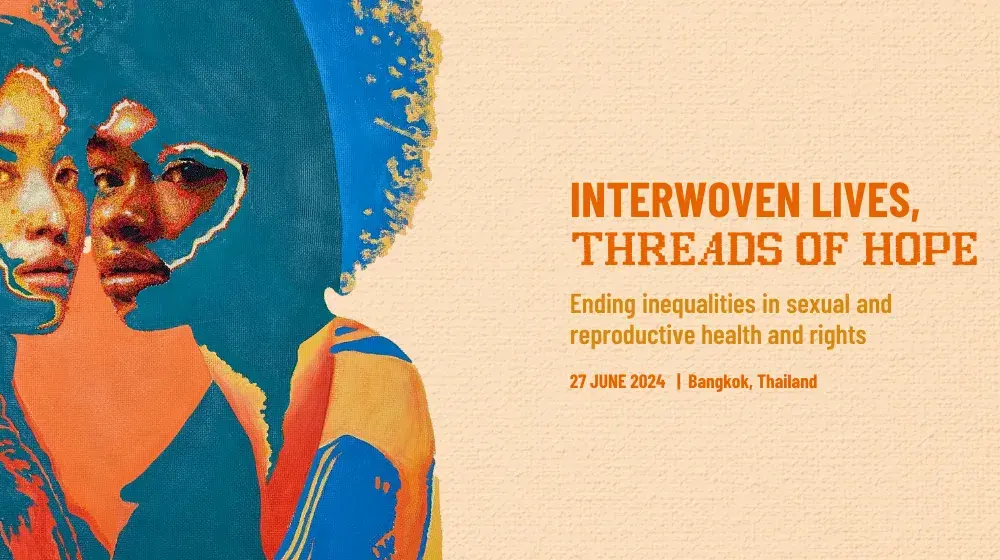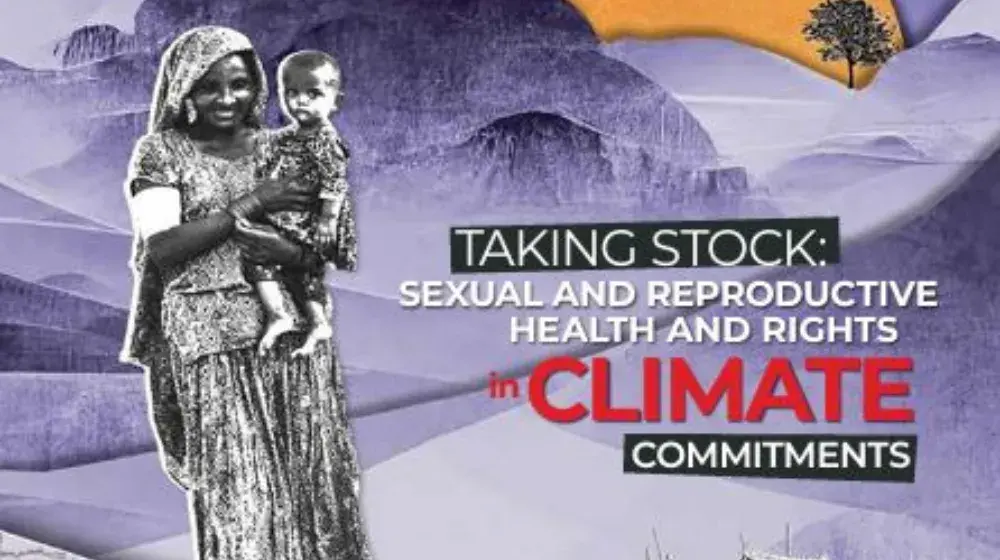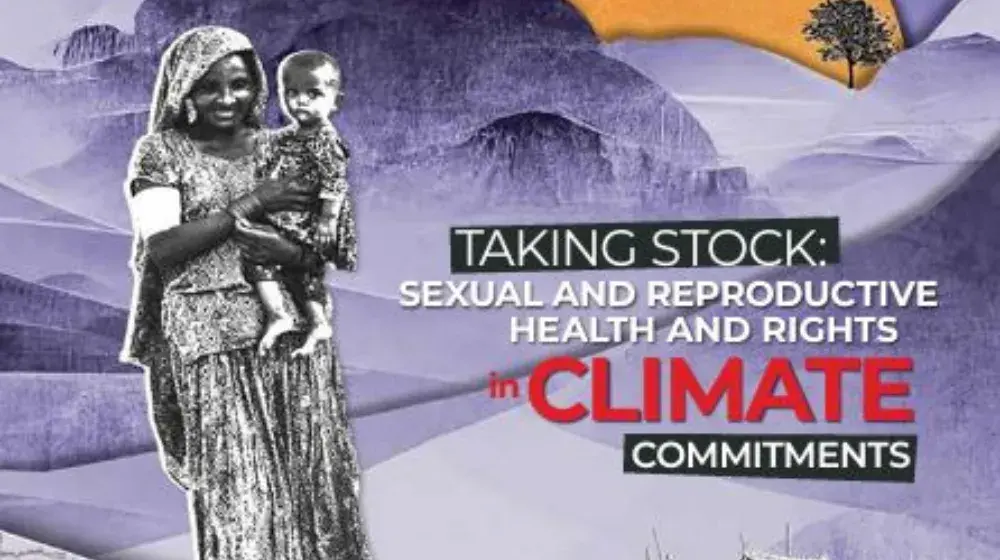Regional Prepositioning Initiative - Impact
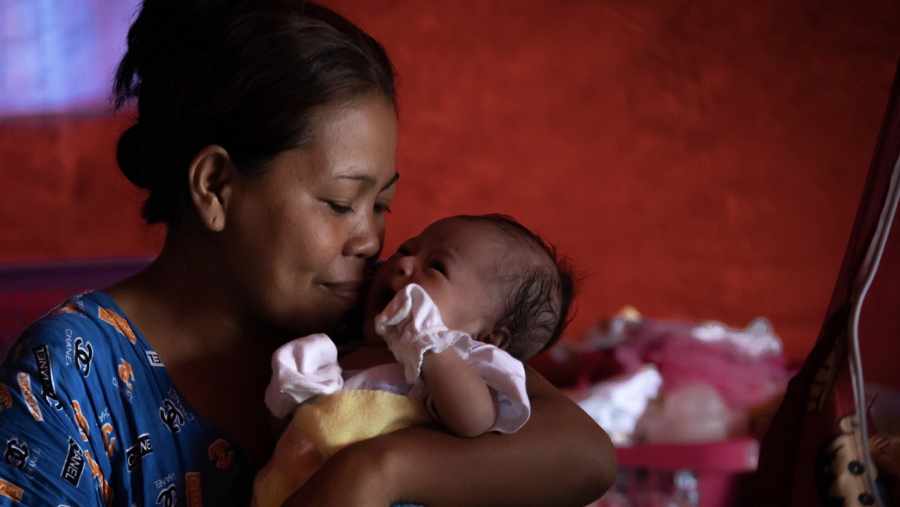
The impact of the Regional Prepositioning Initiative goes far beyond the 163,587 people directly reached with services. The number of people reached with services is only one indicator of the success of the Initiative. By supporting one woman with services, it has the potential for positive ripple effects on her family and community.
The Initiative has contributed to creating an enabling environment where sexual and reproductive health and gender-based violence are included in national discussions on preparedness and response, providing an opportunity to reach many more women and girls.
Some national governments, as well as regional, national and local partners, have adopted the Minimum Initial Service Package for reproductive health in crises as a standard for emergency preparedness and response. Some governments have also committed to preposition sexual and reproductive health and gender-based violence supplies. It is evident that the Regional Prepositioning Initiative contributed to governments’ prioritising the needs of women and girls in humanitarian action as a necessary and life-saving approach.
“Because of this initiative, we have entry points for policy dialogue with the government. In the Philippines they are prepositioning these supplies themselves and if there is an emergency they establish women friendly spaces and they have put policies in place. This is saving lives and pushing the agenda of UNFPA”
- UNFPA staff in Manila, Philippines
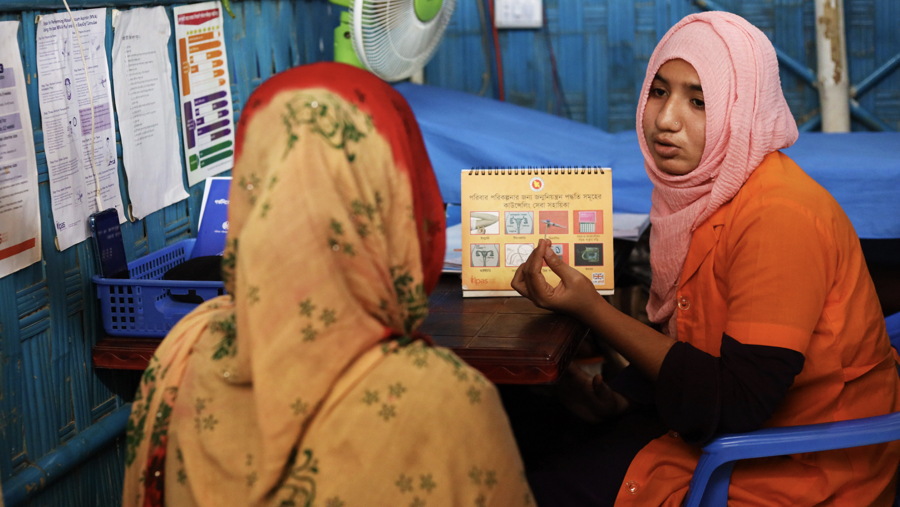
Services provided
When conflict and disasters occur, pregnancy-related deaths and sexual violence soar. Reproductive health services, including prenatal care, assisted delivery, and emergency obstetric care often become unavailable. Women and young people become more vulnerable to HIV infection and sexual exploitation. Women lose access to family planning services, exposing them to unwanted pregnancy in perilous conditions.
Through the provision of reproductive health equipment and supplies, UNFPA and partners are able to offer family planning services, provide pre- and postnatal care, assist safe deliveries, provide emergency obstetric care, and support survivors of violence. The supplies provided through the Regional Prepositioning Initiative combined with capacity building interventions enable the prevention of excess neonatal and maternal morbidity and mortality, reduce HIV transmission, and support the prevention and management of consequences of sexual violence.
Through prepositioned tents, UNFPA is able to quickly establish temporary health facilities or women and youth friendly spaces.
The women and youth friendly spaces have emerged as a key strategy for the protection and empowerment of women and young people affected by crises. A safe space is a formal or informal place where women and young people can feel physically and emotionally safe.
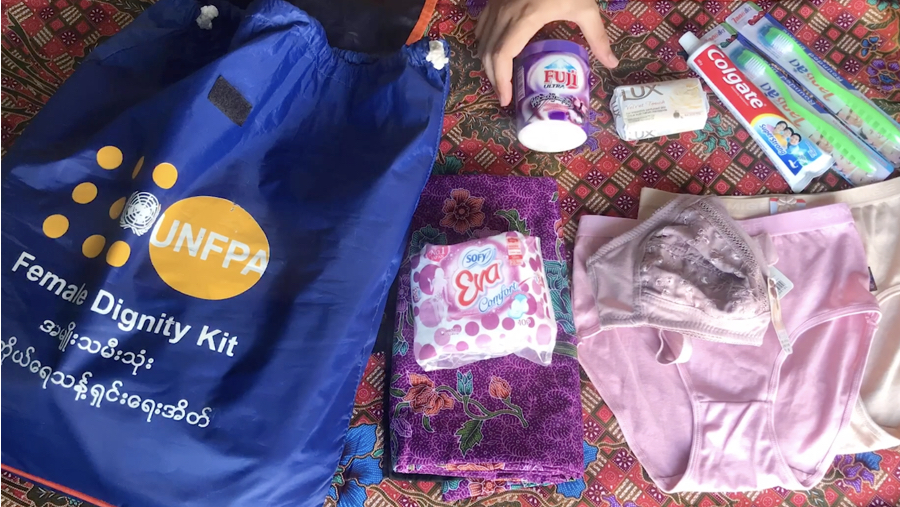
Dignity kits have been customised to the unique needs of different populations.
RPI PHASE 2 | TRAINING | EMERGENCIES | RESPONSIVE | SYSTEMS | SUPPLIES | IMPACT

